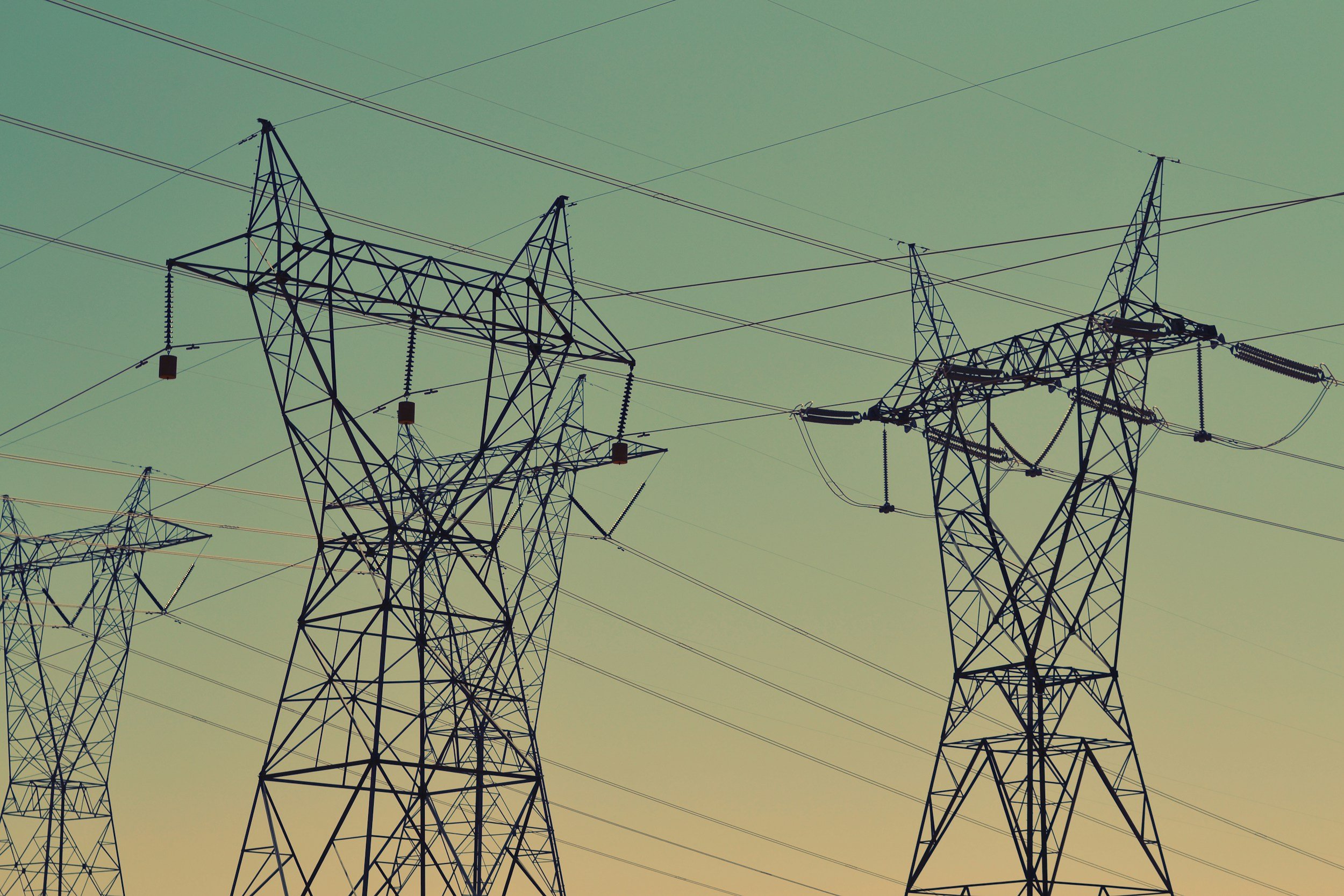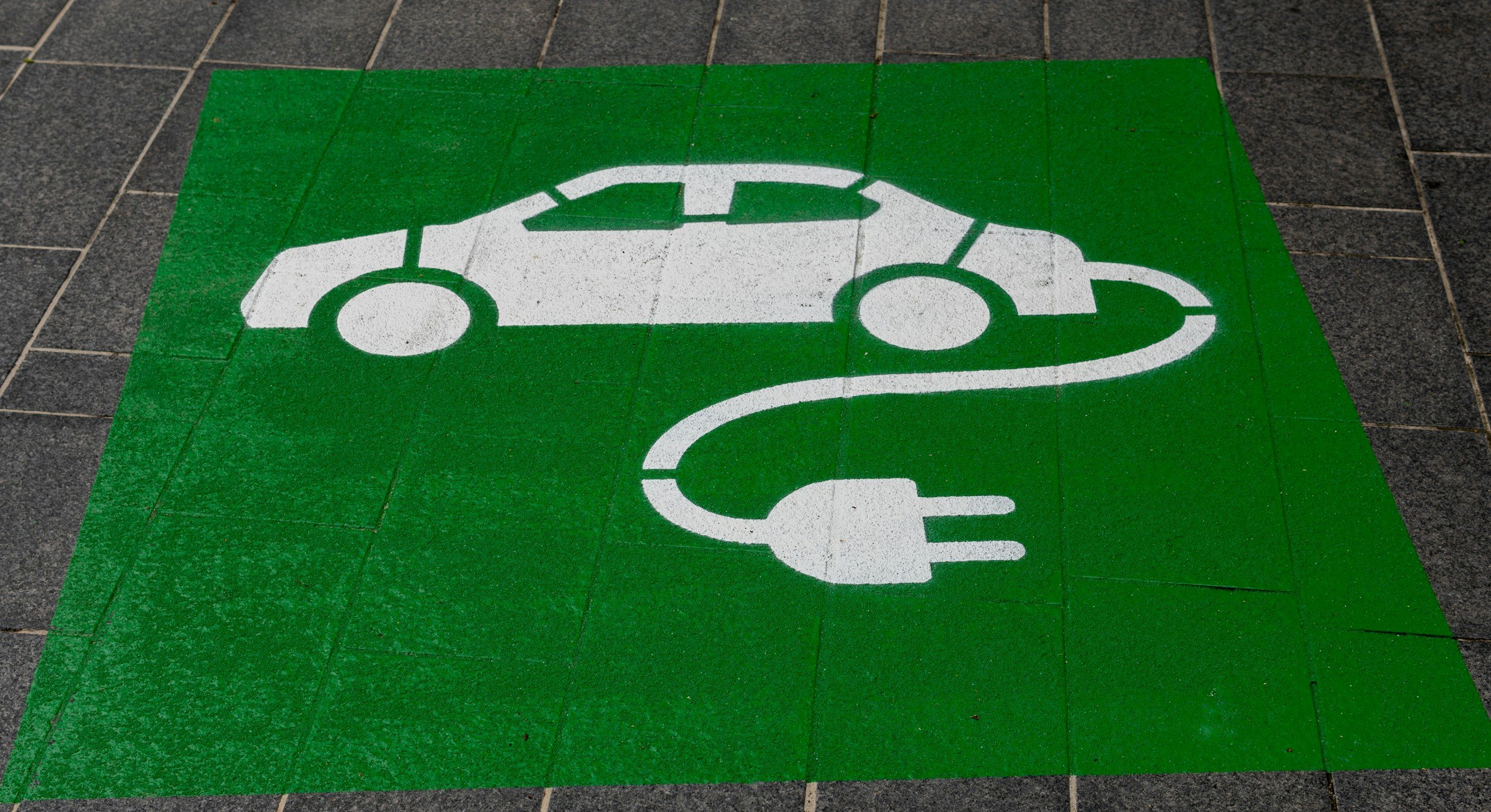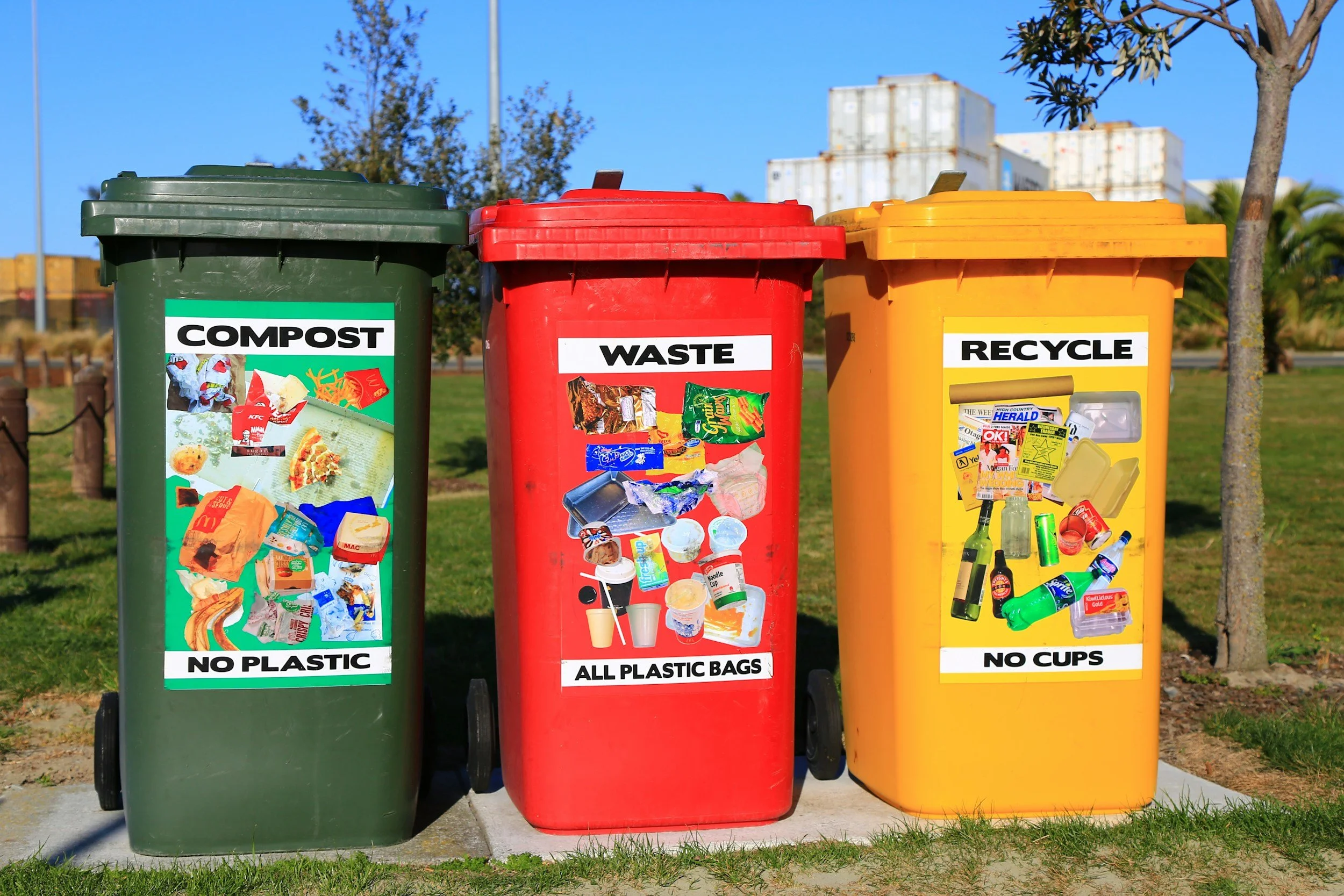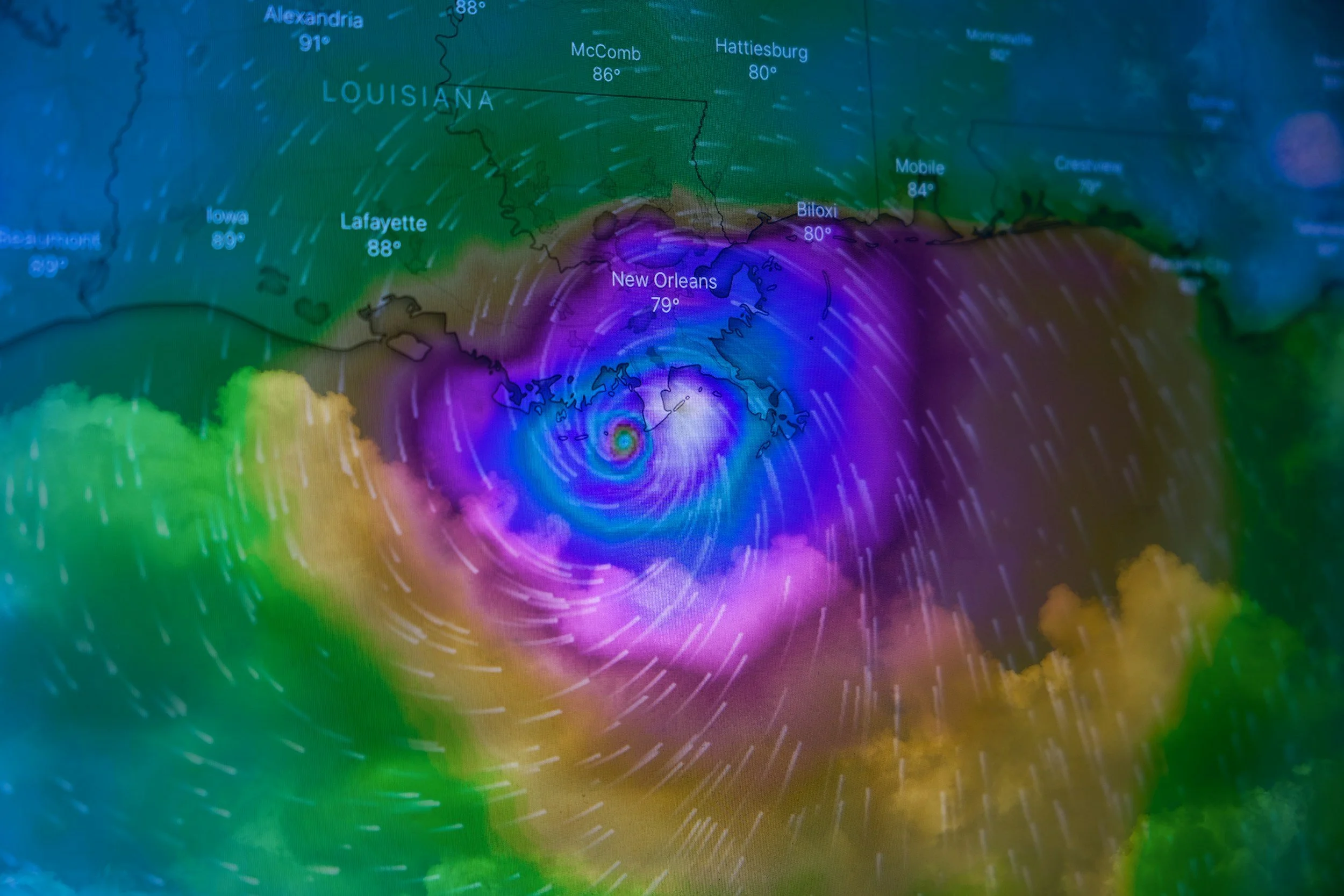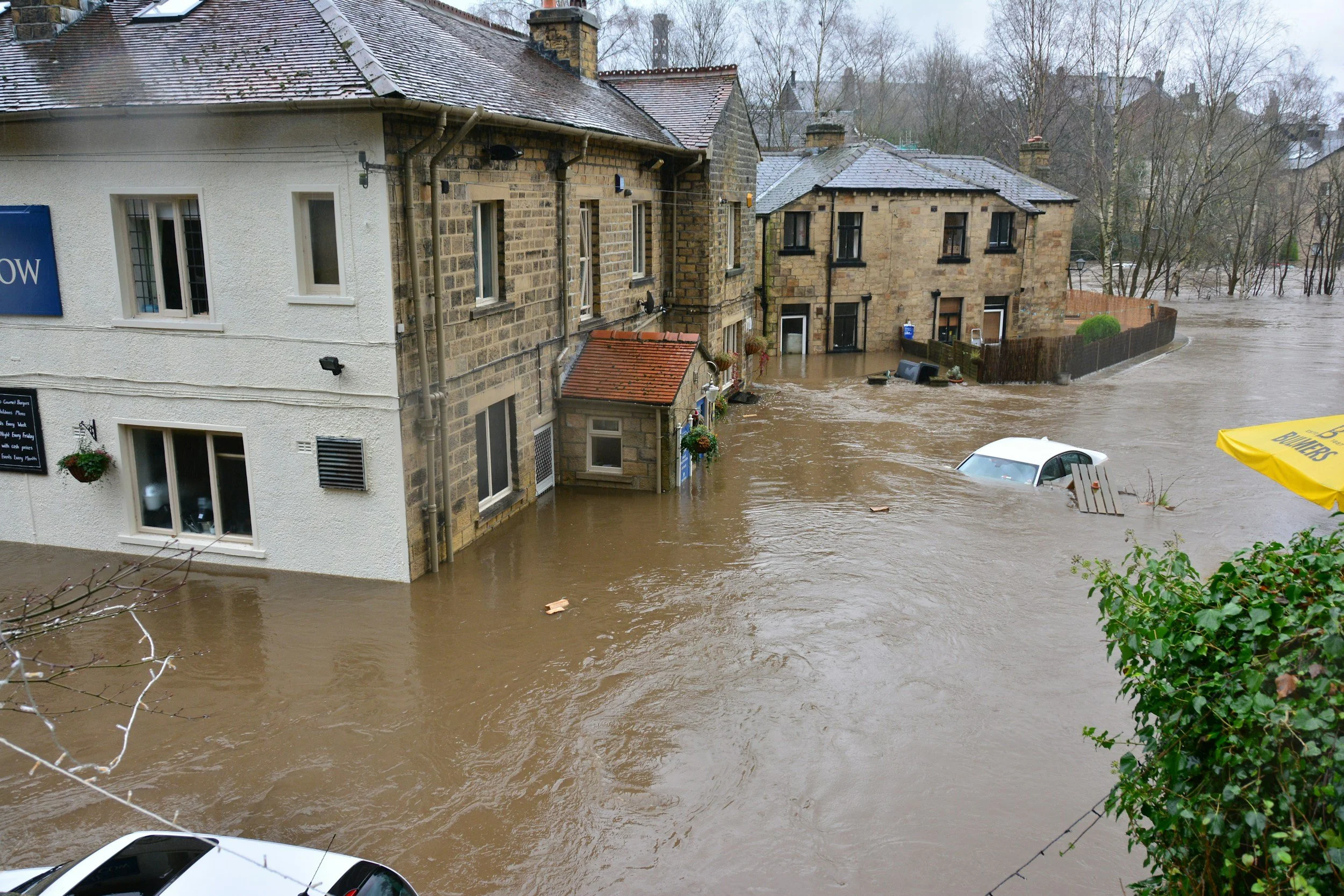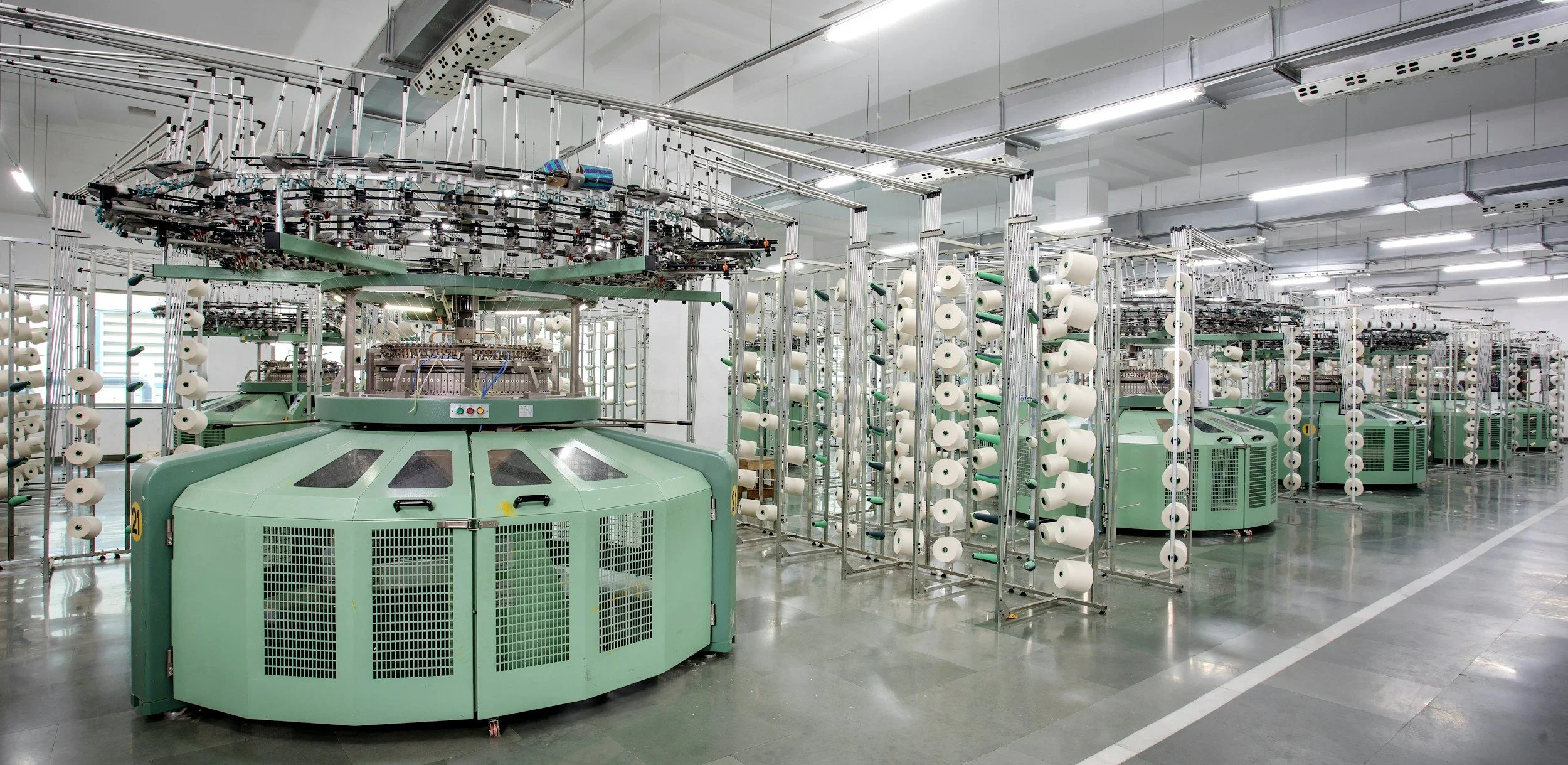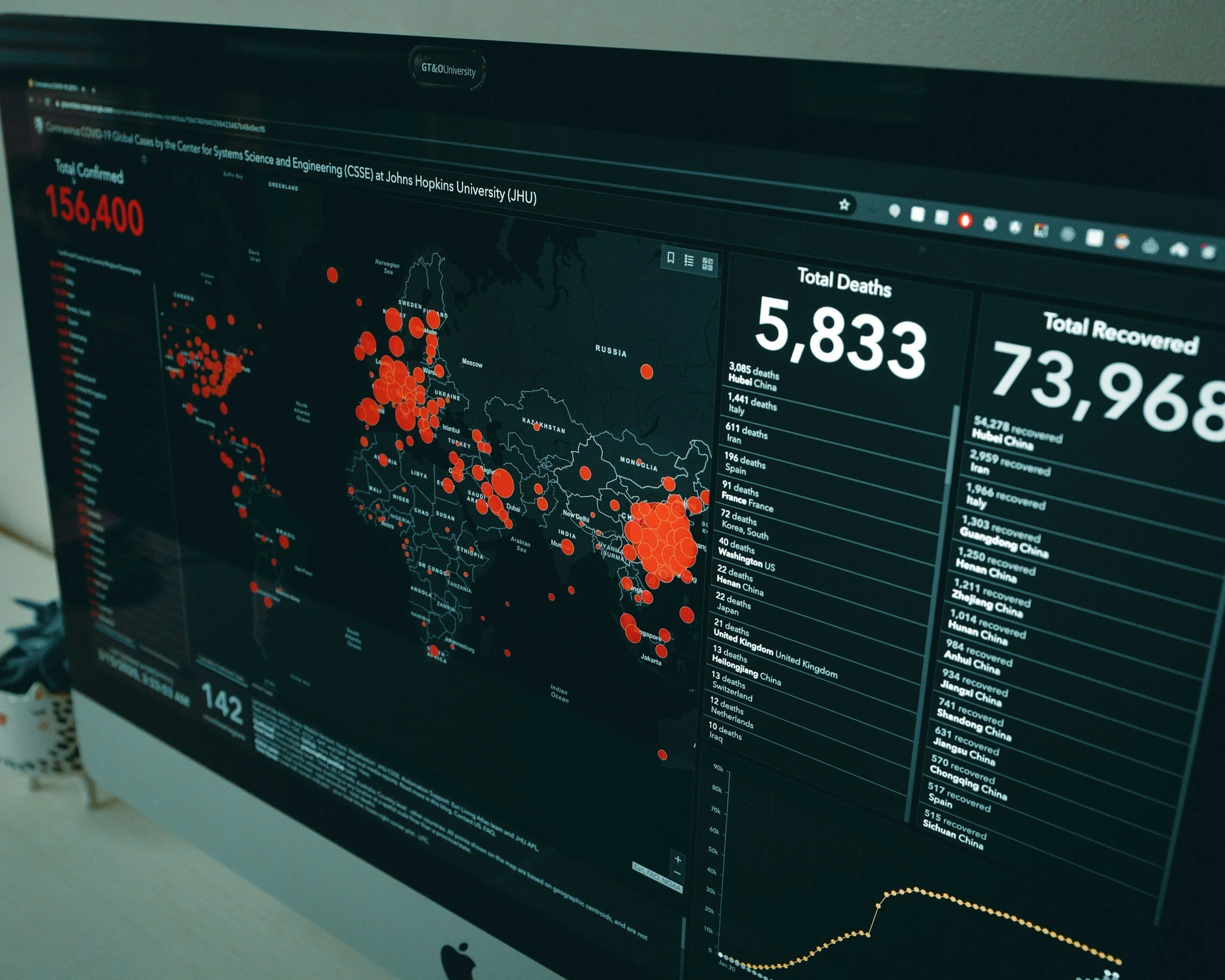The Green Algorithm
The Green Algorithm
Smart Jobs for Greener Futures
AI-powered climate careers aren’t a distant utopia—they’re here, and they’re growing. By 2030, the green economy could outpace fossil fuels in job creation, and AI will be a linchpin. For the planet, it’s a lifeline: faster insights, smarter systems, and scalable solutions. For workers, it’s a chance to blend purpose with paychecks, tackling the defining challenge of our time.
AI models predicting glacier melt with pinpoint accuracy, guiding water management in drought-prone regions, or optimizing reforestation efforts by mapping the perfect spots for tree growth. Picture AI tracking wildlife migrations to protect endangered species, simulating carbon capture at scale to slash industrial emissions, or even forecasting wildfire spread to save lives and forests. These aren’t just tools—they’re the future, built by a workforce that’s as innovative as it is essential.
So, what’s your move? Maybe you’re a coder itching to pivot into climate tech. Maybe you’re a student eyeing a hybrid degree in AI and ecology. Or maybe you’re just curious about where this wave is headed. Wherever you stand, the future of green jobs is calling—and it’s powered by AI. The planet’s waiting. Are you ready to answer? Read about the amazing employment opportunities in various sectors that integrate artificial intelligence (AI) with climate action
Power and Energy
Utilizing AI to enhance energy systems, including renewable energy integration and grid optimization.
Ecosystems and Natural Resources
Using AI to monitor and manage natural resources, biodiversity, and ecosystem health.
Transportation
Integrating AI into transportation systems to enhance efficiency and reduce environmental impact.
Carbon Capture and Storage (CCS)
Applying AI to enhance the efficiency and feasibility of capturing and storing carbon emissions.
Agriculture
Implementing AI solutions to improve agricultural practices, increase crop yields, and promote sustainable farming.
Buildings and Cities
Applying AI to develop smart cities and sustainable building practices that reduce carbon footprints.
Policy and Governance
Developing and implementing AI-driven policies to address climate challenges and promote sustainability.
Waste Management
Implementing AI technologies for efficient recycling, composting, and waste reduction systems.
Climate and Earth Science
Employing AI for climate modeling, weather prediction, and understanding environmental changes.
Disaster Prediction, Management, and Relief
Leveraging AI to predict natural disasters, manage responses, and coordinate relief efforts.
Sustainable Manufacturing
Utilizing AI to optimize production processes, reduce waste, and advance circular economy practices.
Health and Climate
Exploring the intersection of climate change and human health through AI-driven models and predictions.


